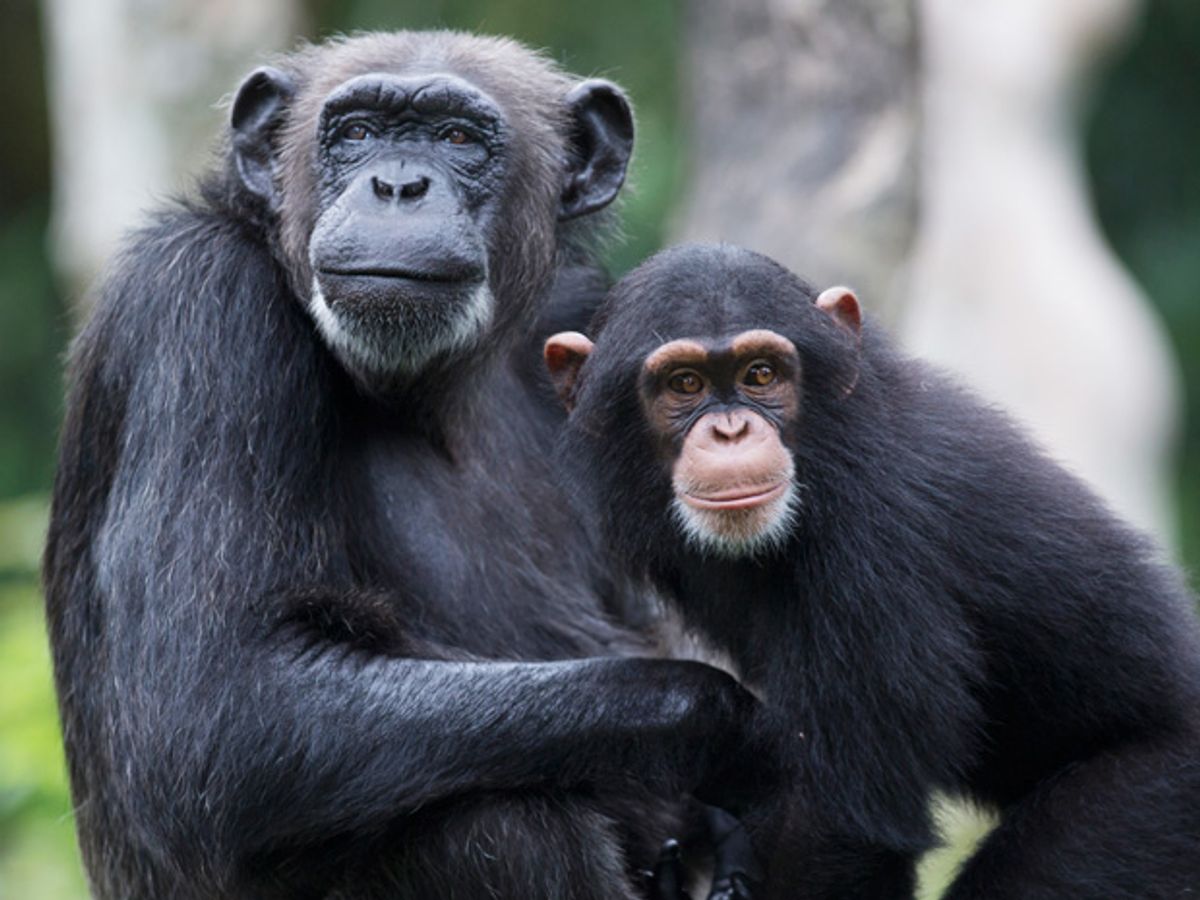The interactions between animals and robots is always fascinating, and generally, the more intelligent the animal, the more interesting the interaction. Researchers at the University of Portsmouth tried giving chimpanzees a robotic doll to see how they'd react, and the result was strikingly similar to humans.
Humans understand (mostly) that robots aren't alive, but that doesn't keep us from interacting with them in the same way that we'd interact with other living things. We look them in the eye, we talk to them, we respond to their movements, and we can even form emotional bonds with them.
“Some of the chimps gave the robot toys and other objects and demonstrated an active interest in communicating. This kind of behaviour helps to promote social interactions and friendships. But there were notable differences in how the chimps behaved. Some chimps, for instance, seemed not interested in interacting with the robot and turned away as soon as they saw it."
The robot was able to imitate motions made by the chimps, which they immediately recognized and responded to, since imitation is an important part of social bonding. When the robot made more human-like movements, however, the chimps were significantly less interested. The reason that it's important to use a robot (instead of a human) in this research context is that you have complete control over the experiment, and through testing, it may eventually be possible to figure out what specific sounds and movements are used by chimps to (say) make friends with one another.
“In our other studies we have found that humans will also react to robots in ways which suggest a willingness to communicate, even though they know the robots are not real. It’s a demonstration of the basic human desire to communicate and it appears that chimpanzees share this readiness to communicate with others.”
Photos: Manoj Shah/Getty Images (top); Marina Davila-Ross/University of Portsmouth (Robota)
[ UoP ] via [ Ars Technica ]
Evan Ackerman is a senior editor at IEEE Spectrum. Since 2007, he has written over 6,000 articles on robotics and technology. He has a degree in Martian geology and is excellent at playing bagpipes.




